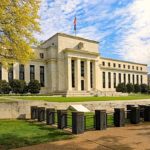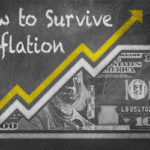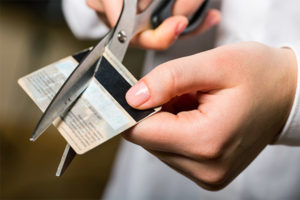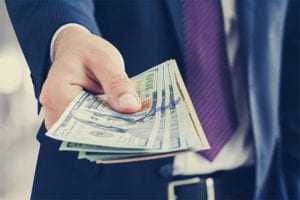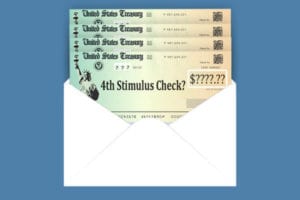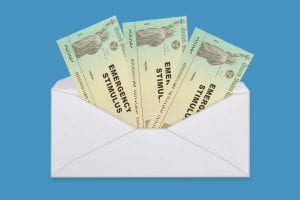Despite Positive Economic Indicators, Consumer Confidence Continues to Decline
American consumers are a step slow in accepting the news that the U.S. economy really is on the mend.
Consumer confidence and retail spending dipped in March, while the rest of the economy puttered along at a good-to-great pace.
Housing starts in March were up 7 percent over February and leaped 46.7 percent over March 2012. Banking giants JPMorgan, Wells Fargo and Goldman Sachs reported significantly higher than expected earnings for the first quarter of 2013. And consumer prices, fueled by an 11-cents-a-gallon plunge in gas prices, dropped for the fourth time in five months.
Yet the Thomson Reuters/University of Michigan Consumer Confidence index reached a nine-month low in April, falling to 72.3 from 78.6 in March. That was lower than all 68 estimates Bloomberg received from a variety of economists.
“There is a wide disparity on how people view this recovery,” University of California-Berkeley Economics Professor Jim Wilcox told Debt.org. “There is considerable confidence in the business community that the economy is going to advance, though at a very moderate pace.
“That confidence hasn’t shown up yet in the form of re-employment for workers, and that’s a real mystery to everyone. Hiring has been hesitant. It’s moving a little too slowly, and that could be what is holding people back from spending in this economy.”
Housing, Banks Doing Well
The good news from the housing industry was tempered some by the fact that the big jump actually was more focused on multi-unit dwellings than single-family homes, which actually declined 4.8 percent. While most builders are happy to be working again, there is concern throughout the industry that the rising cost of labor and materials is going to soften growth in the future.
The banking industry, by contrast, seems to have no worries. Goldman Sachs had a banner first quarter, earning $4.29 a share, 40 cents higher than analysts forecast. Profits at JPMorgan, the nation’s largest bank, were up $1.59 the first quarter, 21 cents higher than expected. Wells Fargo earned 92 cents a share, 17 cents higher than projected.
None of the good news showed up at retail stores, which saw spending drop 0.4 percent, the most in nine months. This, despite the fact that the cost of clothing was down 1 percent, the biggest drop since 2001, and prices on clothing for infants and toddlers dropped the most since 1999.
What’s Your Economic Horizon?,
The resistance to spending could be a sign that consumers are starting to feel the effects of the 2 percent increase in payroll tax that happened Jan. 1 and worries about the effects of the government sequester.
“There is an enormous difference in people’s economic horizon — the amount of time they take to recover from significant news,” Wilcox said. “Some people will say things are better than they were three months ago, so they’re ready to get out and spend. Others will remember a year ago and though things have improved, they’re still conservative and only spend money on reducing credit card or mortgage debt.
“And then you have the people who still remember the disaster five years ago and are scared to spend at all. It’s a matter of a where your horizon is and how long you will take to make adjustments from it.”
Sources:
- Mullaney, T. (2013, April 12). Profits u sharply for JPMorgan, Wells Fargo. USA Today. Retrieved from http://www.usatoday.com/story/money/business/2013/04/12/bank-earnings/2075491/
- Craig, S. (2013, April 16).Goldman Posts $2.2 Billion Quarterly Profit, Beating Estimates. The New York Times. Retrieved from http://dealbook.nytimes.com/2013/04/16/goldman-sachss-first-quarter-profit-beats-estimates/
- Woellert, L. (2013, April 16). Consumer Prices in U.S. Fell in March on Cheaper Gasoline. Bloomberg News. Retrieved from http://www.bloomberg.com/news/2013-04-16/consumer-prices-in-u-s-declined-in-march-on-cheaper-gasoline.html





